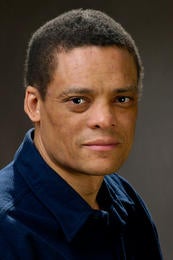
Preface:
Penn Laboratory on Energy, Sustainability and Environment will focus on enabling teachers to develop curriculum units that emphasize the comprehension of quantities, rates of change of quantities, and their relationships to everyday situations, physical systems, and public policy decisions. We will introduce technology that both captures data from physical situations and allows for the development of mathematical models of what the data represents. The advantage of teaching the mathematics in an integrated way with the science is that we can immediately motivate topics like statistical thinking as a way of using the technology to vary assumptions, making predictions that can then be examined with data, 2015 Seminar Descriptions and exploring consequences of decisions in the context of the model(s). Building models and explaining their predictions becomes a fun part of improved understanding of natural and technological limitations. The subjects of energy and sustainability allow for numerous examples of physical systems that can be readily understood by models created, and analyzed with mathematics that can be done with calculators and simple graphs. Examples of possible topics we can cover in this seminar are: What goes into understanding your electric bill? Is it “worth it” to install solar panels on the roof of your home to offset your bill? Is natural gas mining a wise investment for the state of Pennsylvania? For the United States as a nation? There will be reading and some viewing of web-sourced video (access to a reliable internet connection outside of seminar meetings is required). Laboratories and/or interactive demonstrations will be incorporated into almost every seminar session. Familiarity with exponential notation for numbers and facility with scientific calculators is a plus (the ability and willingness to learn both is required).